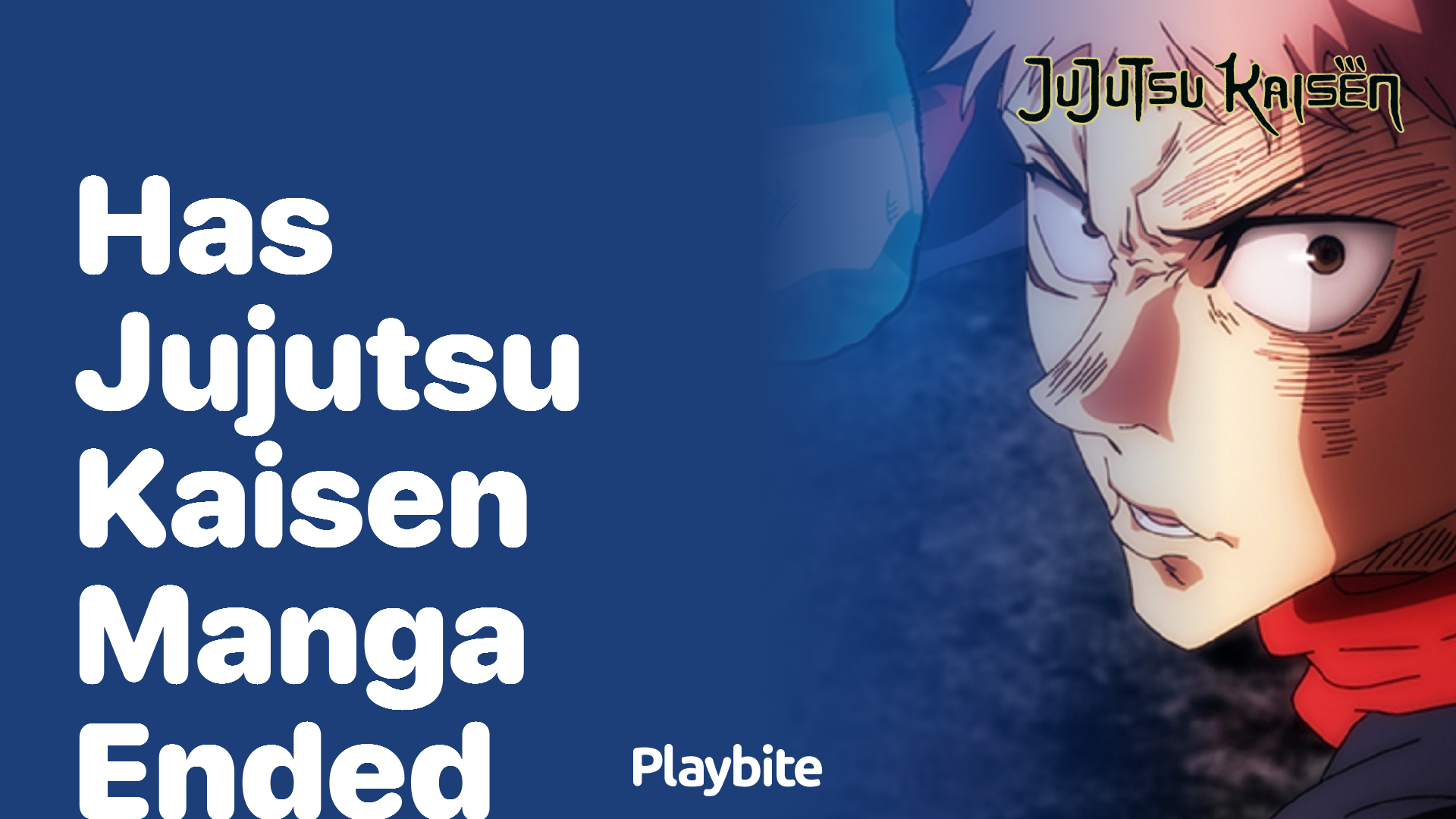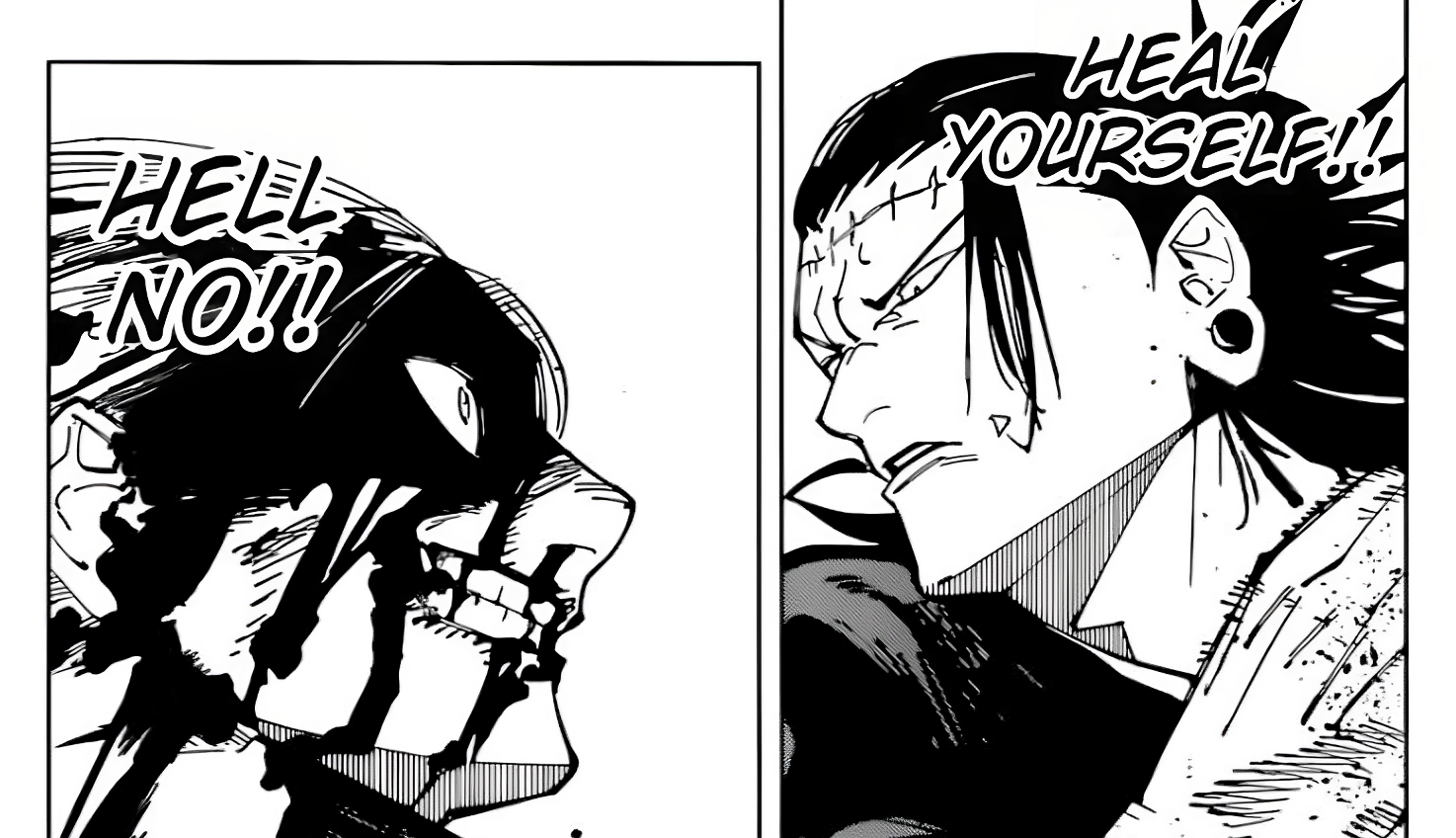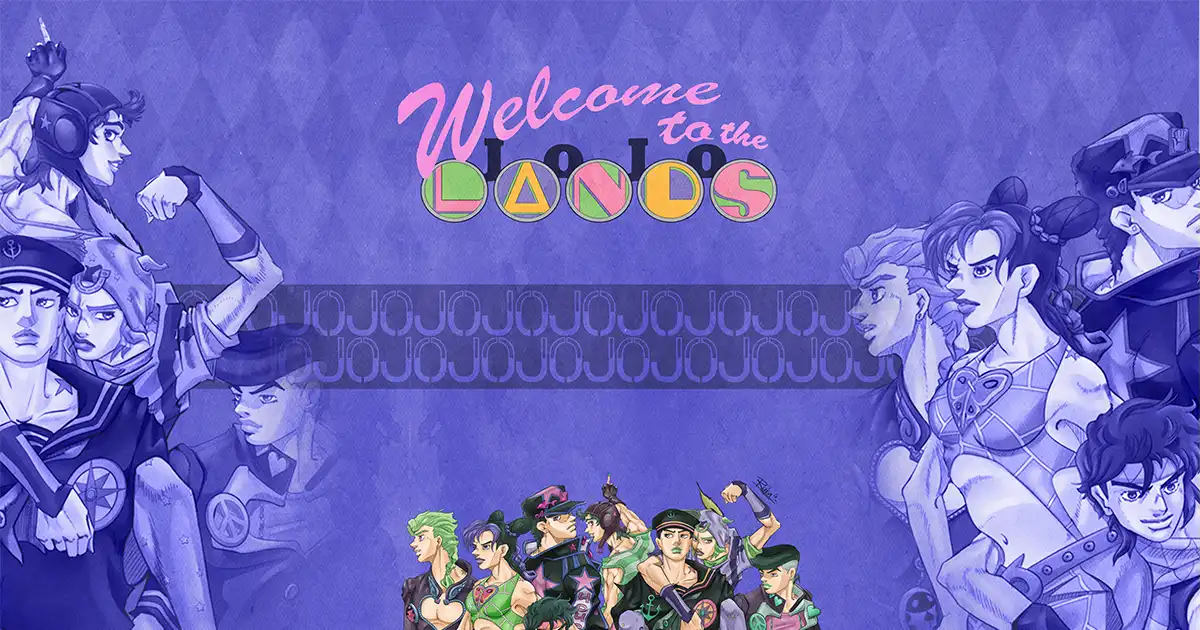JJK manga end, yo! The final chapters dropped like a bomb, leaving fans in a total frenzy. Was it the epic conclusion we all hoped for, or did it totally miss the mark? We’re diving deep into the fan reactions, the pacing, the character arcs, and even comparing it to other shonen manga endings. Get ready for some serious manga talk, straight from the source – the hype is REAL.
Get the entire information you require about attack on titan manga full set on this page.
This deep dive explores the wild spectrum of fan opinions, from pure hype to utter disappointment. We’ll dissect the narrative choices, analyze character developments (or lack thereof), and unpack the major themes. Plus, we’ll compare the ending to other iconic shonen manga conclusions to see how it stacks up. It’s gonna be a wild ride, so buckle up!
JJK Manga Ending: A Hypebeast’s Deep Dive
Yo, Jujutsu Kaisen manga just dropped its final chapter, and the internet’s gone full-blown meltdown. From total hype to straight-up rage, the reactions have been wild. Let’s break down the drama, the theories, and everything in between, straight from the streets (or, you know, the internet).
Fan Reactions to the JJK Manga Ending

The JJK ending sparked a firestorm of opinions, ranging from ecstatic praise to bitter disappointment. Many felt the pacing was off, while others were satisfied with the character resolutions. The most common criticisms centered around perceived plot holes and rushed character development. However, the ending also ignited a wave of fan theories, exploring alternative interpretations and potential sequels.
| Reaction Type | Intensity | Justification | Example Quote |
|---|---|---|---|
| Positive | Mild | Liked the overall tone and emotional impact | “It was bittersweet, but I’m happy with how it ended.” |
| Positive | Intense | Felt the ending was a satisfying conclusion to the characters’ journeys | “Best ending ever! Nailed it!” |
| Negative | Mild | Some plot points felt unresolved | “It felt a little rushed, but overall, it was okay.” |
| Negative | Intense | Felt the ending betrayed the characters and the established themes | “This ending completely ruined everything! I’m so mad!” |
Narrative Structure and Pacing in the Final Arc
The final arc’s pacing was a major point of contention. Some sections felt incredibly rushed, particularly the resolution of certain character conflicts. Other parts dragged on, leaving readers feeling impatient. This contrasted sharply with the generally well-paced earlier arcs, which skillfully balanced action and character development. The narrative choices in resolving major plot points were effective for some, but for others, felt unsatisfying due to the perceived lack of sufficient explanation.
A hypothetical alternative ending could have addressed the pacing issues by extending the final arc, allowing for more nuanced character interactions and a more gradual resolution of major plot points. For example, a longer sequence showcasing the collaborative efforts to defeat the final antagonist could have enhanced the narrative’s impact.
Character Development and Resolution in the Ending, Jjk manga end
Yuji Itadori’s journey was one of self-discovery and sacrifice. Megumi Fushiguro faced immense personal growth, grappling with loss and the weight of his responsibilities. Gojo’s eventual return, though anticipated, still held significant weight. However, some minor character arcs felt incomplete.
- Yuji: Achieved his goal, but at a significant cost.
- Megumi: Underwent significant growth, but still carries burdens.
- Gojo: Returned, but the impact of his imprisonment remains.
- Nobara: Her fate remains a poignant, unresolved thread.
Thematic Exploration in the JJK Manga’s Conclusion
The ending powerfully reinforced the manga’s core themes of fate, sacrifice, and the enduring strength of friendship. These themes, woven throughout the series, found a powerful culmination in the final chapters. The imagery of the setting sun, recurring throughout the series, symbolized the bittersweet nature of the ending. The final battle scene, depicted as a flurry of intense energy and emotional struggle, visually represented the weight of sacrifice.
A visual representation could depict a stylized image of three figures—Yuji, Megumi, and Gojo—standing silhouetted against a setting sun. The sun itself would represent fate, its descent signifying the unavoidable end of their journey. The figures’ intertwined stances would represent the strength of their friendship, while their solemn expressions would reflect the cost of their sacrifices.
Comparison to Other Popular Manga Endings
The JJK ending invites comparison with other popular shonen manga conclusions. Some fans compared it to the endings of
-Attack on Titan* and
-My Hero Academia*, noting both similarities and significant differences in how the narratives resolved major conflicts and character arcs. The impact of narrative choices on fan reception varied widely across these examples, highlighting the subjective nature of evaluating manga endings.
- Similarities with
-Attack on Titan*: Both endings involved significant sacrifices and left some lingering questions, leading to considerable fan debate. - Differences with
-Attack on Titan*: JJK’s ending, while bittersweet, offered a more hopeful outlook than the often bleak and ambiguous conclusion of
-Attack on Titan*.
So, did the JJK manga ending nail it or totally bomb? The answer, my friends, is complicated. While some fans were stoked with the final chapters, others felt totally robbed. Ultimately, the ending’s impact hinges on individual expectations and interpretations. But one thing’s for sure: the discussion, the theories, the memes…it’s all been legendary.
The JJK legacy continues, even beyond the final page.


